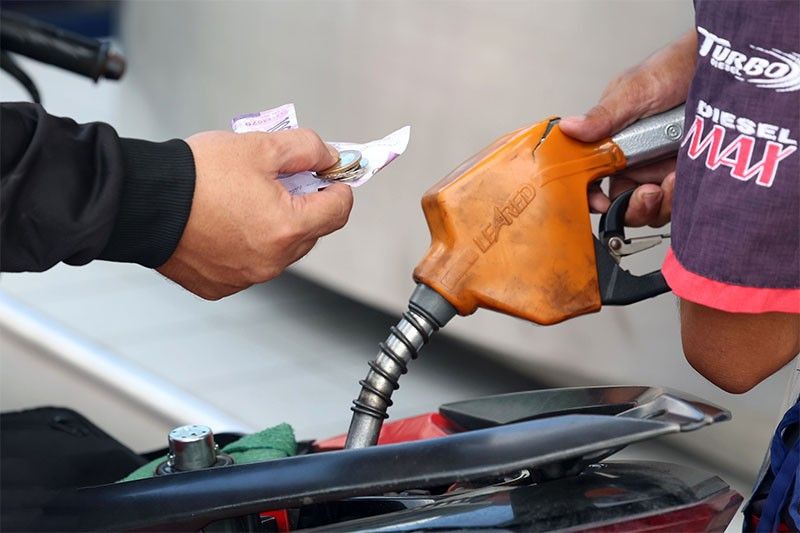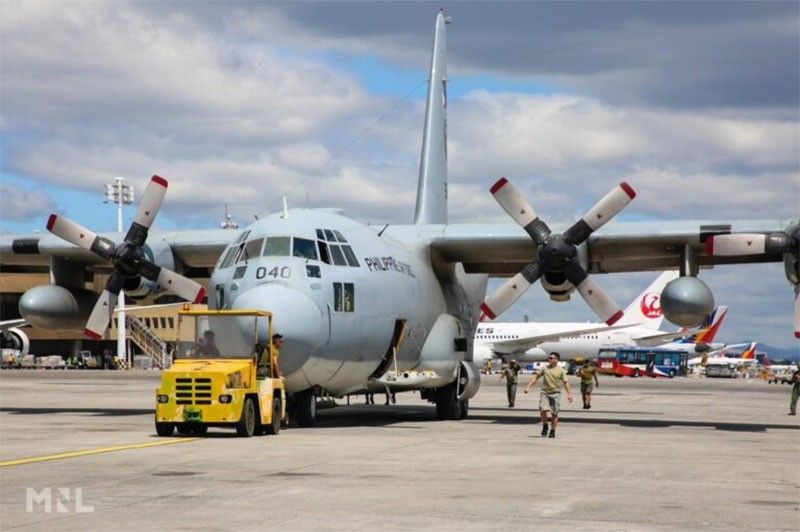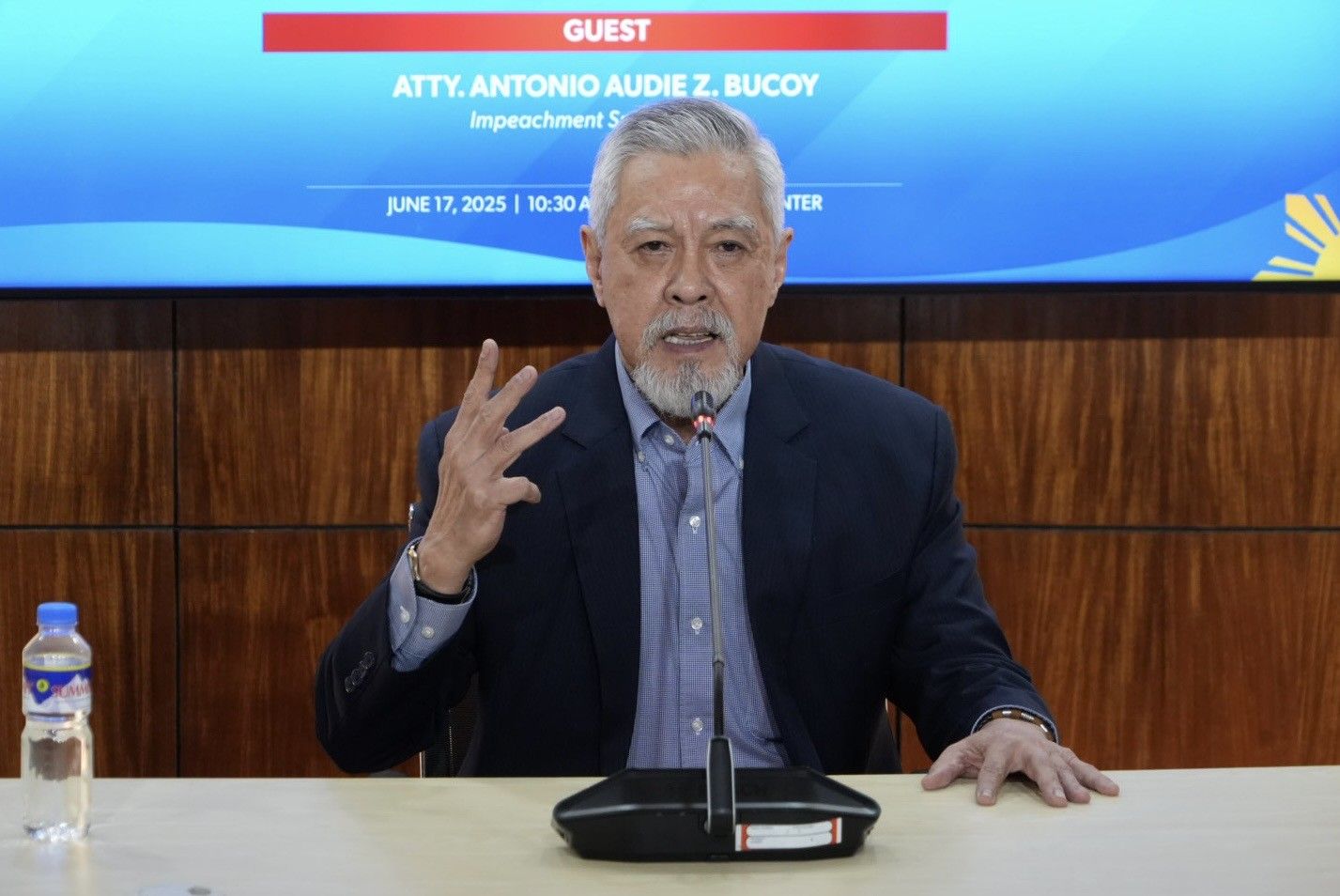
Upgrade to High-Speed Internet for only ₱1499/month!
Enjoy up to 100 Mbps fiber broadband, perfect for browsing, streaming, and gaming.
Visit Suniway.ph to learn
MANILA, Philippines — The Department of Agriculture (DA) is holding off its plan to reduce by next month the maximum suggested retail price (MSRP) of imported premium rice by P2 per kilo, citing market volatilities due to the escalating conflict in the Middle East.
“We’ll likely delay the rollout by a month or two to gain a clearer picture of where global prices are heading,” Agriculture Secretary Francisco Tiu Laurel Jr. said yesterday.
He earlier announced a cut in the MSRP on imported rice (five percent broken) to P43 per kilo from the present P45 per kilo beginning July 1.
The DA chief said he decided to defer the imported rice MSRP reduction because of heightened global geopolitical risks following the US airstrikes on three nuclear sites in Iran, a development that threatens to expand the Israel-Iran conflict further across the region.
The Middle East remains a major source of global oil supply, the DA noted. Any price movements in the global oil market would have an impact on agricultural planting inputs particularly fertilizer, according to the DA.
“Although crude oil is not directly used to manufacture fertilizer, natural gas – a key byproduct of oil refining – is essential for producing ammonia, a core ingredient in nitrogen-based fertilizers,” the DA said.
“Rising oil prices also mean higher transportation costs for fertilizers and other agricultural inputs,” it added.
Oil prices have surged in recent days, particularly after Iran threatened to close the Strait of Hormuz, a critical chokepoint for global crude shipments.
Tiu Laurel also said the DA still plans to introduce an MSRP for imported pork in August, although the final pricing would be determined closer to the rollout.
“The market is extremely fluid. Any forecast I make now might not be accurate even an hour later,” Tiu Laurel said.
He warned that surging oil prices could have a cascading effect across the agricultural sector.
“Fisherfolk are already feeling the pinch from higher fuel prices, while farmers could see increased fertilizer costs next year, although the current planting season is covered by existing DA-procured supply,” he said.
“Meanwhile, elevated freight costs are expected to push up the prices of imported food products,” he added.
Budget hike
He also revealed plans to seek a 10 percent increase in DA’s budget for next year to at least P170 billion so it can boost investments in high value crops such as sugarcane and coconuts.
Tiu Laurel said the planned increase is within the cap set by the Department of Budget and Management.
For this year, the DA has a budget of P155 billion, which also covers funding for its attached agencies.
Tiu Laurel explained that the rice sector will have a reduced share in the proposed budget, but other sectors like sugar, coconut, onions and other high value crops will get an increase.
He said the proposed budget does not include the guaranteed P30 billion for the rice sector under the rice competitiveness enhancement fund (RCEF), as well as the additional funding needed to sustain the government’s P20 per kilo rice program.
“We have to put priority on so many other agricultural sectors. Everything is a priority,” he told reporters on the sidelines of the opening day of the DA’s 127th anniversary celebration yesterday.
“For the last few years, a huge portion of the budget has been put into the rice sector. But with the RCEF, I think it is time to put emphasis on the others also,” he added.
The RCEF is a guaranteed P30-billion fund earmarked annually for improving the competitiveness of the rice sector until 2031.
A higher DA budget next year will help bankroll projects in the sugarcane industry, including irrigation and rejuvenation of soil as well as improved planting materials.
Furthermore, it will also help bankroll the government’s coconut replanting program.
With bigger budget, the DA also eyes the establishment of an onion research center to boost farmers’ productivity on a per hectare basis, Tiu Laurel said.
The DA and the Philippine Coconut Authority are targeting to plant 50 million coconut trees next year, double the initial goal of 25 million trees.
The agriculture chief said the DA’s proposed budget for next year is actually not yet enough to help the sector achieve full modernization or improve the farmers’ welfare signficantly.
“(Ten percent increase) is the ceiling given to us. The budget that the DA really needs at least for five years is at least P500 billion a year, including irrigation to fix the sector,” Tiu Laurel said.
“But of course that cannot happen because there are limitations in the budget. We have to make use of our money,” Tiu Laurel added.
The development of agriculture infrastructure has been identified as one of the priorities in the 2026 budget, according to the expenditure priorities framework released by the DBM.
The DBM document listed the construction and expansion of post-harvest facilities such as dryers, silos, warehouses and rice mills as priority projects of the government next year.
The government is also expected to invest in projects with multipurpose functions that integrate irrigation, flood mitigation and water supply, according to the DBM.
Enforcement
Meanwhile, Tiu Laurel also said he will ask President Marcos to issue an executive order for the creation of an official enforcement group within the DA to ramp up efforts in curbing smuggling of commodities nationwide.
With the DA not having enforcement powers, Tiu Laurel said there is a need for it to coordinate and partner with other law enforcement agencies in cracking down on agricultural smugglers.
“We are not clueless (about agricultural smuggling). We actually know everything that is happening,” Tiu Laurel said.
“But the problem is that the DA does not have enforcement powers. So, we will ask the President to make our [DA Inspectorate and Enforcement] as our official enforcement arm,” he added.
Despite having the industry knowledge of the flow of smuggled goods in the country, the DA cannot run after unscrupulous entities because enforcement is not within its mandate, Tiu Laurel said.
“We can only cover so much with our limited budget. Our budget for inspectorate and enforcement is only P50 million and yet we have to cover nationwide,” Tiu Laurel said.
“So that is why we really need the help of the Philippine National Police (PNP), National Bureau of Investigation and Philippine Coast Guard,” he added.
The proposed EO will allow the DA to seize smuggled commodities outright without the need for assistance from law enforcement agencies. Tiu Laurel said the EO will also allow the DA to ask for an additional budget for anti-smuggling efforts.

 20 hours ago
1
20 hours ago
1



